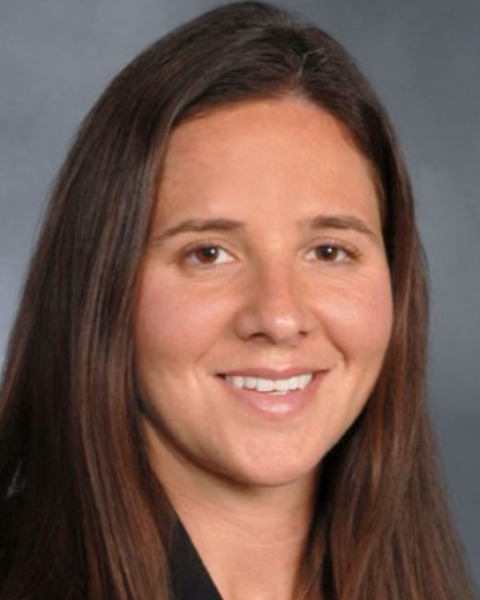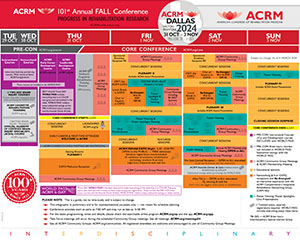
Amanda Sacks-Zimmerman, PhD, ABPP-CN (she/her/hers)
Associate Professor
Weill Cornell Medicine
Brooklyn, NY, United States
Amanda L. Sacks-Zimmerman, Ph.D., ABPP-CN, is a board-certified clinical neuropsychologist who has had extensive experience in assessing and treating neurological disorders with cognitive remediation as well as researching the cognitive impact of brain injury. Dr. Sacks-Zimmerman uses integrated cognitive remediation and cognitive behavioral therapy to treat long term sequalae of acquired brain injury including post-concussion issues as well as post-acute COVID-19 syndrome (PACS). She also treats a variety of patients who suffer from cognitive and emotional difficulties that may be the result of epilepsy; brain tumor resection; movement disorders such as multiple sclerosis, PFurther, she is involved in in intraoperative language mapping and Wada procedures for all types of neurosurgical patients. She completed two postdoctoral fellowships, one at UMDNJ, in Piscataway, New Jersey, focusing on geropsychology and one at Mount Sinai Medical Center where she was trained in assessing, treating, and researching acquired and traumatic brain injury. Prior to joining the Weill Cornell Medicine faculty she was a staff psychologist at NYU Langone Rusk Institute of Rehabilitation Medicine and a neuropsychologist in the Faculty Group Practice in the Department of Psychiatry at the NYU Langone Medical Center.
Dr. Sacks-Zimmerman has been involved in various research projects. During her second postdoctoral fellowship at Mount Sinai Medical Center, she assisted in deriving manualized Cognitive Behavioral Treatment for individuals post Traumatic Brain Injury (TBI) for the purpose of researching the efficacy of this treatment, participated in systematic reviews of literature on evidenced based practices of treatment post TBI. She currently runs research projects that examine the efficacy of cognitive remediation programs on post-operative cognitive difficulties for various understudied neuropsurgical populations including colloid cyst and chiari malformation patients, and on how the characteristics of hope and resiliency impact mood and functionality after neurological surgery.
Disclosure information not submitted.
Presentation(s):
-
Long COVID Symposium Part 1: pathophysiology and Assessment of Fatigue and Brain Fog 0569
Friday, November 1, 2024
8:15 AM - 9:15 AM -
Friday, November 1, 2024
1:15 PM - 2:15 PM

.jpg)
.jpg)
.jpg)
